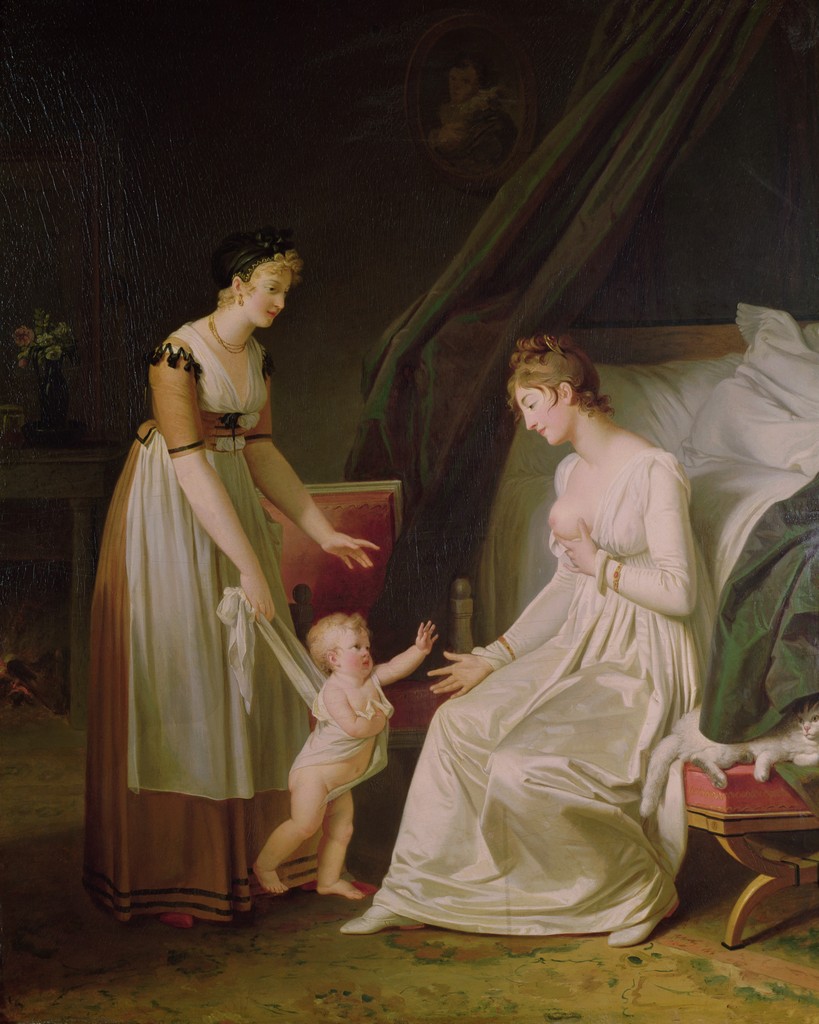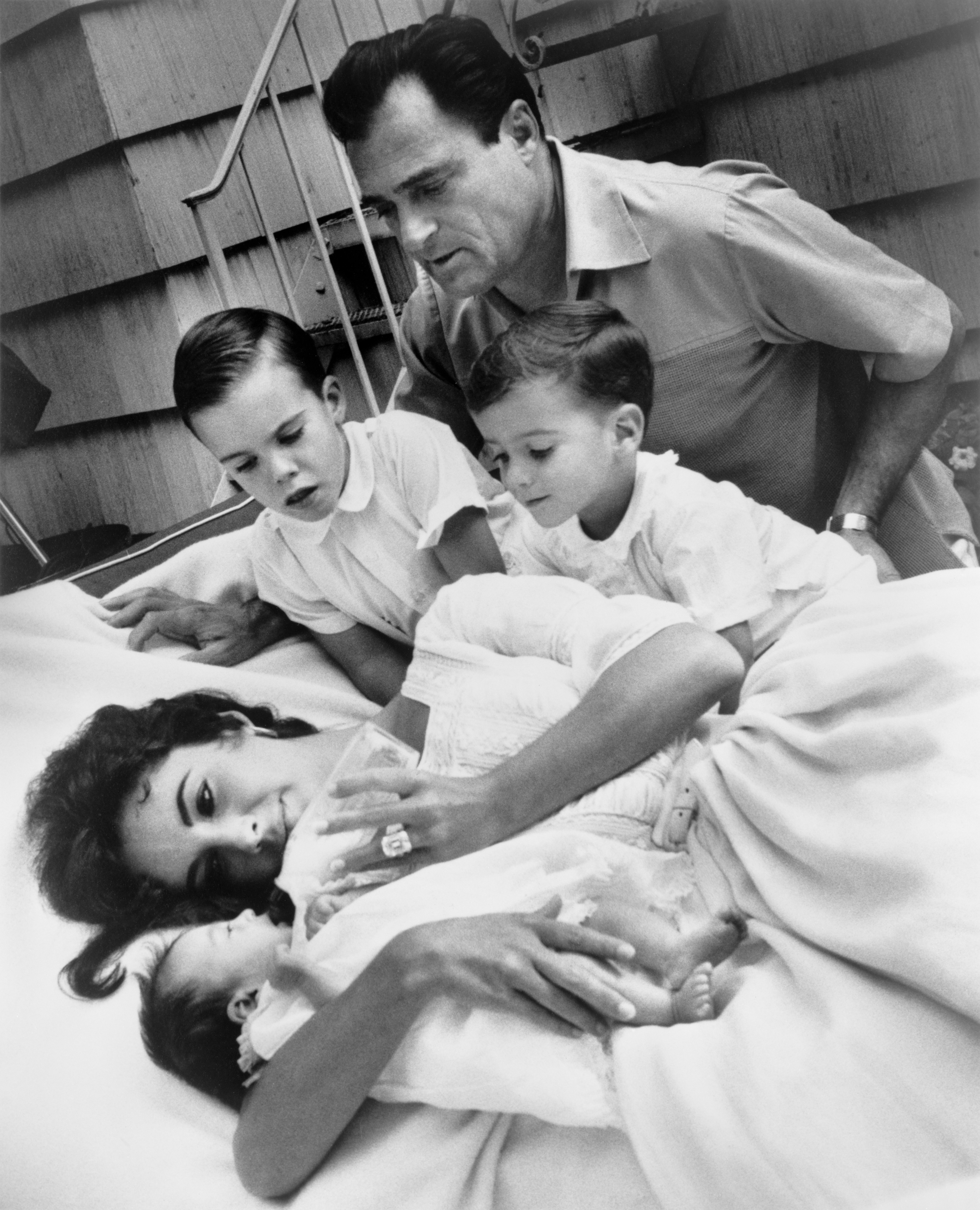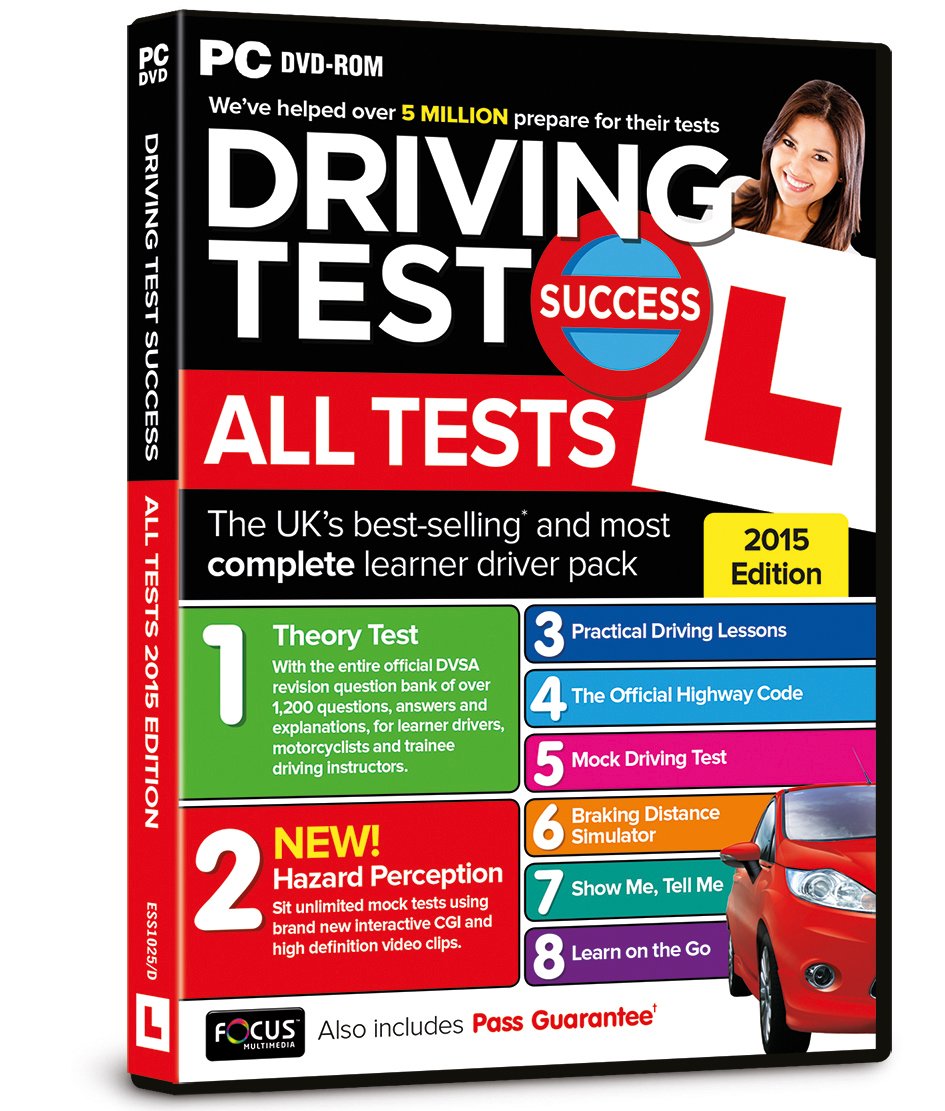And now, for my favourite link-up, it's Sunday Answer Me This- Time!
1. How long have you lived in your current home?
Just over a year.
For the first four years of my living in England, I moved every year. It was horrible. I had to leave stuff in storage at friends' flats, and give books to charities and other horrors. Then we moved into The Big Flat (we called it "Appartementinettinella") and stayed there just under three years. Then we moved into our current house before Patapon was born.
Putting down roots is not quite straightforward, even now, because we'll have to move wherever Simon needs to go once he is a junior doctor (764 days to go), and that may be far away. Although I'm pretty sure my southerner husband is reconciled with the North now.
2. How do you find out about news and current events?
I have a very dramatic alert on my phone for BBC News, I also follow the headlines of Catholic happenstance with Catholic World News by e-mail and Aleteia by Feedly, and for the rest, Courier international (it's a brilliant concept, but it's in French, sorry).
Looking at the list, I'm starting to wonder if I am not a bit of a headline junkie.
3. Would you be able to make change for a twenty right now? For a dollar?
Nope. I only have one dollar I saved from our family trip to America. You can have that if you really need it.
If we're counting in pound sterling (which I don't advise anyone to do) I could easily give you change for a tenner anytime, all in little 1,2 and 5p coins. I have a piggy-bank full of them upstairs.
Otherwise, I have enough for a bus fare in my purse most of the time. (Aaaah, not driving, the fun!)
4. What's the craziest food you've ever eaten?
I've had snails a good few times (it's really the sauce which is nice), and raw steak (we call it "tartare" and it's awesome). Never had frogs legs though, it's more of a regional dish.
![By Mark Mitchell (Flickr: Steak Tartare) [CC BY 2.0 (http://creativecommons.org/licenses/by/2.0)], via Wikimedia Commons](https://upload.wikimedia.org/wikipedia/commons/c/c3/00_Steak_Tartare.jpg)
Via. Man, do I want a steak tartare now...
5. Which of the commonly removed parts have you had removed?
![By Mark Mitchell (Flickr: Steak Tartare) [CC BY 2.0 (http://creativecommons.org/licenses/by/2.0)], via Wikimedia Commons](https://upload.wikimedia.org/wikipedia/commons/c/c3/00_Steak_Tartare.jpg) |
| Via. Man, do I want a steak tartare now... |
None. I still have all my teeth, my tonsils and my appendix. I am quite whole.
6. What's you're favourite sport to watch on TV?
Cricket! Of course. As Simon says, it's one of those sports you can have in the background whilst chatting and doing other things, because the pace is so leisurely.
The excited crowds of football (soccer, if you must) just make me uncomfortable. Although I quite like watching rugby sometimes, despite the fast pace. Then recover with a bit of snooker.
I think I am turning more British than the Queen.








_Farm_Interior.jpg)

















![npinikas [CC BY 3.0 (http://creativecommons.org/licenses/by/3.0)], via Wikimedia Commons](https://upload.wikimedia.org/wikipedia/commons/1/14/Aithon_Garden_-_panoramio.jpg)
![DS Pugh [CC BY-SA 2.0 (http://creativecommons.org/licenses/by-sa/2.0)], via Wikimedia Commons](https://upload.wikimedia.org/wikipedia/commons/a/a8/Norman_Street_-_geograph.org.uk_-_461871.jpg)






![By Andrew Bone from Weymouth, England [CC BY 2.0 (http://creativecommons.org/licenses/by/2.0)], via Wikimedia CommonsBy Andrew Bone from Weymouth, England [CC BY 2.0 (http://creativecommons.org/licenses/by/2.0)], via Wikimedia Commons](https://upload.wikimedia.org/wikipedia/commons/5/57/Lake_Windermere_in_thunderstorm_from_Lakeside-Haverthwaite_Railway_carriage_(14070890657).jpg)










